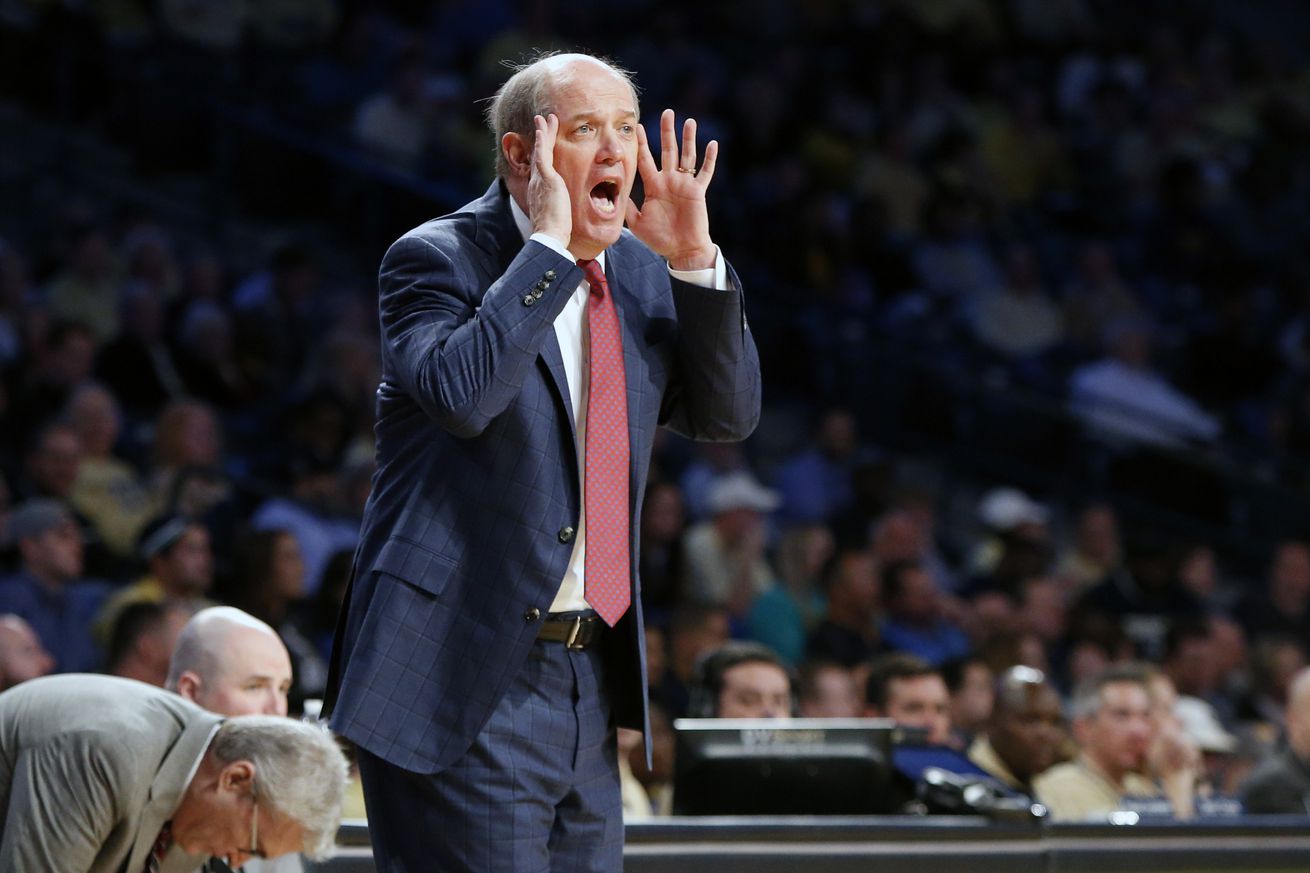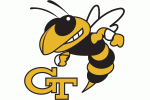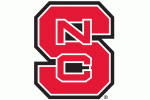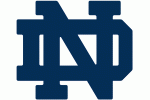While we've had a lot of discussion during this year's dismal basketball campaign, I wanted to wait until the end was here before trying to sort out exactly how I rated the work done by new head coach Kevin Stallings in his first year. That came with the team's loss to Virginia in the ACC Tournament and the official end to the season.

This isn't also going to be the first in a series of articles or anything crazy. We've had so much Stallings discussion this year that I think it's been beaten to death. I hesitated, even, with the idea of writing this article. But it's something I intended to do when he was first hired regardless of the team's outcome this year. So beyond this look at this season, I'll be trying to stay away from too much Stallings stuff until next year.
With that said, let's take a look at Stallings' first year.
Despite returning four of five starters, the team struggled badly. SAD!
My feelings are pretty clear about the strength of this year's team but for the sake of the article, I'll repeat them here. While certainly different than last year's roster, Pitt returned the core of their production. Last year's Pitt team scored 2,476 points and more than 76% of those points were scored by players that returned this year. The biggest source of the points that left was James Robinson and he scored 338 points. This season, Pitt inserted Cameron Johnson into the lineup and he scored 392 points - about 15% more than Robinson.
Of course, it's not as simple as that. Johnson moving into the starting lineup meant the bench produced less. That was even more the case when sixth man Ryan Luther went down with an injury that cost him much of the ACC season. There's no doubt that Stallings wasn't playing with a full deck and that isn't his fault.
But at the top, where most teams live and die, Pitt wasn't much worse off than last year - if any. And yes, I'll get to the James Robinson stuff.
Stallings had no depth, but ...
Any number of Pitt fans will point to the Panthers' lack of depth from last year and declare it to be the problem. But if you look a little closer, that isn't really the case. After all, look at the team's main losses on the bench aside from Robinson:
Sterling Smith - Contributed in the non-conference schedule last year but not much after that. Scored a grand total of two points in the last nine games.
Rafael Maia - Averaged 2.0 points and 3.5 rebounds per game and also saw his minutes/production drop in ACC games.
Alonzo Nelson-Ododa - 1.3 points and 1.6 rebounds per game with a grand total of 11 points in the 21 ACC contests and the NCAA Tournament game.
No offense intended to those guys at all and I don't post their lack of production as a way of declaring that they weren't very good. They all gave up situations where they were bigger parts of teams, so I applaud them for giving some of that up for their final seasons in an effort to help this team. Rather, I'm merely pointing out that all of the depth issues that people throw around are sort of hollow in my estimation because none really panned out all that well. Last year's team was deeper, but it wasn't quality depth. And if you don't have quality guys backing up, say, Michael Young, do you really want to shave Young's minutes if it means replacing him with guys that aren't going to produce?
Sure, Pitt's team this year could have been deeper. But I'd argue that they weren't much deeper last season and there was a lot of fat on that roster. While it would have been nice to have more depth this year, it isn't the underlying reason they weren't very good this season since they weren't very deep last year.
Why James Robinson's loss wasn't as big as you think
The biggest difference, of course, between this year's team and last year's team was that Robinson was gone to manage the chaos at point guard. There's little doubt that Robinson was undervalued by many and even those that appreciated him might not have realized how important he was. All of that said, here are my thoughts on Robinson.
First, and less complicated of a matter, there's the fact that Robinson was not a good offensive player or a strong defender. His shooting plagued the Panthers for years and while he made up for that a little by taking care of the ball and finding the open man, there's no doubt that his lack of perimeter shooting hurt. Teams would even on occasion leave him open and dare him to shoot the ball because, well, when he's only about a 38% shooter, the odds are probably in your favor. And the fact that Pitt replaced him in the lineup with Johnson, who is an athletic player and a real threat from long distance, that certainly helped.
But it goes deeper than that. At the end of the day, I'm not sure how much difference he makes on this team. Let me explain. I clarify that statement with those last three words, 'on this team', and they're important.
In Jamie Dixon's offense, Robinson was vital. He controlled the offense, slowed things down, and took care of the ball. That offense was a plodding, methodical one by nature so you need someone like that running the show. While it would have been nice to have a dynamic scoring point guard at Pitt, Robinson was adequate because of his style of play and ability to manage the offense.
This offense under Stallings was anything but how Dixon ran things, though. Players were given unprecedented levels of freedom, as was stated in the offseason, and even later after things turned sour when Stallings used that as a point of saying that was the only thing players bought into. Given all of that. Given the amount of time that Young and Jamel Artis dominated the ball since they were producing quite literally more than half of the scoring. Do you honestly believe that Robinson would come in and drag things down to a Dixon-like pace after they were given so much freedom?
Of course not.
Having Robinson may have helped when things were spiraling out of control during certain games, as they often were. Perhaps he gets to the team in that 50-point disaster against Louisville and keeps their heads in the game a bit more. And it shouldn't be forgotten that he made some very clutch plays for Pitt over the years. With Robinson, this team wins maybe 2-3 more games. But that's also a best-case scenario. Factor in things like his 3-15 game against Wisconsin in last year's NCAA Tournament when Pitt couldn't score at all. Or the 28% he shot in a crucial five-game ACC stretch last season. That's not even counting the other bad stretches he had over his career.
As I outlined here, Robinson's shooting was a career-long reclamation project that never really got fixed and while he helped win games, his poor shooting also cost the team a fair amount, too. In other words, those 2-3 potential wins I mentioned could just as easily been canceled out.
'But the turnovers,' right? Well, that's another thing. While Robinson did a great job taking care of the ball, the team as a whole wasn't affected there this year. The 12 they averaged per game was no more than the 12 they averaged last year. To be fair, Pitt did average three fewer assists per game, so they weren't getting enough good passing that led to open shots. But on a team that featured two guys scoring about 20 points per game most of the year, they were able to create a lot on their own so I consider that less of a factor.
So why the lack of success?
I maintain that the real difference on this Pitt team was getting a concerted effort on defense and in rebounding the ball. This year's team produced about 10% less on the boards and also gave up a lot more points. Under Stallings this season, the team allowed just under 75 points per contest. Last year, they gave up only 67. I'd argue that this year's drop in success is much more about that and much less about Robinson (again, because of the different style of offense employed under Stallings where Robinson would have been less effective).
Sure, some of that may be attributed to a lack of presence in the middle. But Pitt has really been without a season-long presence in the middle with enough size since Steven Adams jumped ship to the NBA after the 2012-13 season. And even then, Adams didn't really start to develop until later in the year. Pitt has been lacking in the middle for quit a while. They've generally found other ways to compensate in the past on the defensive end and weren't able to do that this year.
The buttons that Stallings pushed to motivate his team on the defensive end or in rebounding the ball either were not the correct ones or he didn't press them hard enough.
Perhaps some of that, I will concede, goes back to the depth issue. With guys playing more minutes, giving 100% on the defensive end every time out isn't logical or really even very smart. But 7.5, 8 points a game on defense is a lot more. You're taking a lot of breaks in that scenario. And here's the thing that a lot of people don't realize. Pitt actually scored less this year (73 points per game to 75 last year). Ultimately, the freer style of play, the up-tempo pace ... none of it mattered. The defensive woes would make more sense if the team was scoring a lot more points and at a faster rate. But that simply wasn't the case.
Conclusion
In the end, Stallings deserves some leeway. Like any new coach, he deserves a shot to bring his own players in and be fully evaluated at a later date. Pinning the team's lack of depth on him, or the loss of Ryan Luther, or even the development of some of the backup guards is unfair.
Still, I find it difficult to comprehend how, given all stated above, this team turned into one that won 21 games last year and made the NCAA Tournament failed to even play .500 ball with two of the best scorers in the conference. Stallings' refusal to adjust on the offensive end, reign guys in a bit more, and get his team to play even passable defense cannot be overlooked. None of that even addresses the controversial philosophy of throwing players under the bus, which he did earlier this season very publicly. As I said before, it didn't ultimately help Pitt play any better or win more games. Ultimately, for that reason, it seems like a poor decision in hindsight.
The offensive freedom, allocated by Stallings, certainly came too soon as well. Stallings made that claim to players before they had played even a minute for him, according to those offseason quotes. In hindsight, a better approach, perhaps, would have been to make that decision later after they had earned some trust. I don't know that it would have made a difference. What I do know is that the entire 'offensive freedom' thing crashed and burned before our very eyes.
Long-term, what do I think about the Stallings hire? I'll say again what I said initially when he was hired. The track record does not suggest that he will leave Pitt in a better place. The program under Jamie Dixon reached the NCAA Tournament on a nearly annual basis, so essentially, that is the bar. At Vanderbilt, Stallings, missed the NCAAs more than he made them while playing in an inferior conference to the Big East and ACC. Further, he also has the same glaring hole that Dixon does on his resume in terms of making any deep runs lately. Stallings did make two Sweet 16s with Vanderbilt, but that was a decade ago. The track record does not suggest that Pitt will make deep tournament runs, or even return to the days of making the tournament on an annual basis. I hope that things do not end up that way, but it's easy to assume judging by Stallings' career, which has been very up and down.
I do not question that Kevin Stallings can coach to some degree. He's been around enough good coaches and has had some success. You do not reach two Sweet 16s, recruit relatively well, or make seven NCAA Tournament appearances if you are a complete bum. The idea that Stallings is the worst coach in the world is foolish. What I do question is just how far can he take Pitt based on the expectations here and based on his prior history.
But enough of the long-term prognosis. For this year, if I'm grading Pitt's head coach with a firm letter grade, it's probably in the D+/C- range. Certainly not average by Pitt standards, anyway, but not quite a failing grade. What say you?
Be sure to join Cardiac Hill's Facebook page and follow us on Twitter@PittPantherBlog for our regular updates on Pitt athletics. Follow the author and founder/editor @AnsonWhaley.
















